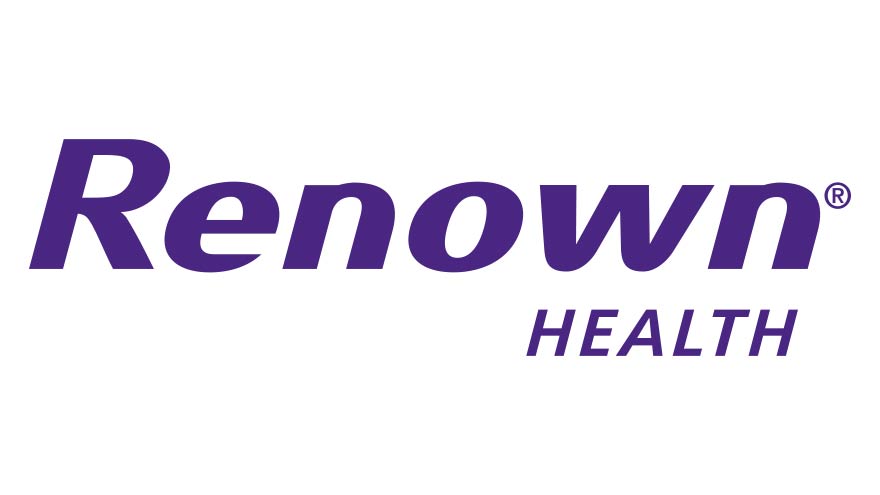
27 Nov 2023
Hey there! So, guess what? AI, which stands for artificial intelligence (fancy term, huh?), is doing some super cool things in the world of medicine. It's not replacing doctors, but more like teaming up with them to make things even better.
You know how doctors are awesome at what they do? Well, AI helps them out by processing information crazy fast, like pictures and stuff. But here's the thing – AI doesn't have feelings like humans do. It can't give you a warm fuzzy feeling or understand how you're feeling. That's where doctors and their compassion come in – they're the real superheroes of healthcare!
Now, let's talk about the fun part. AI is changing how patients and doctors interact, making things smoother. And it's not stopping there! It's also helping scientists discover new medicines that could save lives. Exciting, right?
But hold on a sec. There's a catch. Using AI in healthcare brings up some important questions. Like, is it being used in the right way? Is it helping or hurting? We need to keep a close eye on this and make sure there are rules in place to keep everything fair and safe for patients.
Now, get ready to hear about some awesome ways AI is making a difference – from your regular checkup to the fancy world of medical research. It's like having a high-tech sidekick for your health!
Let's talk about how AI is helping out in healthcare.
So, imagine you're at the doctor's office. AI is like a super smart sidekick for your healthcare providers. It doesn't make decisions for them, but it makes sure they have all the info they need. It suggests things like which medicine might work best and reminds them about important stuff. But don't worry, the human doctor still has the final say.
Now, there are these cool AI virtual assistants and chatbots too. They're like little helpers for doctors and nurses. They handle tasks like setting up appointments and keeping track of notes.
AI is also great at looking at pictures. Like, it can check X-rays and MRI scans super fast and spot things like cancer way quicker than humans can. Even during surgery, AI can be like a high-tech guide for the doctors, giving them real-time info and help.
For folks like us outside the hospital, AI comes in handy too. There are these smart assistants and wearable devices that remind us to take our meds, keep an eye on our health, and even alert us if something seems off.
In labs, AI is like a superhero scientist. It helps discover new drugs and gets them approved faster. The number of these drug investigations using AI has gone way up in the last couple of years. So, basically, AI is making healthcare better and smarter for everyone!
Something super cool in healthcare: personalized medicine.
So, imagine this: AI, which is like super smart computer stuff, is helping us understand our bodies better. It looks at our genes (like our body's instruction manual) to figure out what health issues we might be prone to and how we might respond to different treatments.
But it doesn't stop there! AI also helps us see the big picture by considering things like what we eat, how much we move, and where we live. It's like having a health buddy that looks at everything about us.
One really awesome thing AI has done is create a special tool called Alphafold. It's like a superhero for predicting how proteins in our body form when cells divide. Why is this a big deal? Well, it lets us make medicines that are custom-fit for each person, kind of like a tailor making clothes that fit perfectly. This means we can fight diseases while being gentle on the person taking the medicine.
Generative AI
it's like the superstar of artificial intelligence, especially with cool tools like ChatGPT. People are saying it's like the big moment when the iPhone first came out, but for AI. And guess what? It's not just cool, it's a game-changer for healthcare!
Now, when we talk about using AI in healthcare, we've got to be super careful about being ethical. It's like having a rulebook that we follow to make sure everything is fair and square.
Imagine this: if the information we feed into AI is kinda biased, it can mess things up, especially in healthcare. For instance, if the training data isn't balanced, it might goof up diagnosing illnesses, especially for groups of people who don't get much attention.
And here's the thing – not everyone has the same access to this cool AI stuff. That means some folks might get better healthcare than others, just because they have fancier technology. We definitely don't want that!
Oh, and privacy is a big deal. We're talking about really personal stuff, like your health records and genes. So, we've got to make sure all this info stays super safe and doesn't end up in the wrong hands.
Plus, the AI gizmos doctors use should be like an open book. They need to explain themselves in simple terms so that both doctors and patients get what they're saying. It's like building trust – if we don't understand the advice and predictions, how can we trust it?
Now, looking ahead, if we tackle all these challenges head-on and play it smart, I totally believe AI is going to rock the healthcare world. It's not just about making patients healthier, but also making healthcare faster and smarter.
Picture this: AI could be the key to finding new medicines and making big scientific leaps. And hey, it might even lead us to a world where medicine is super personalized, like a custom-made suit, and we can kick some of the nastiest diseases to the curb.
Conclusion
The integration of artificial intelligence (AI) in the field of medicine is undeniably ushering in a new era of innovation and possibilities. While AI is not replacing the indispensable role of doctors, it serves as an exceptional ally, accelerating information processing, transforming patient-doctor interactions, and contributing to groundbreaking advancements in medical research.
The ability of AI to process vast amounts of data rapidly, especially in tasks like analyzing medical images, enhances diagnostic efficiency. From suggesting treatment options to providing real-time guidance during surgeries, AI acts as a high-tech sidekick, supporting healthcare providers in their decision-making processes.
Beyond the hospital walls, AI extends its benefits to individuals through smart assistants and wearable devices, promoting proactive health management. The advent of personalized medicine, facilitated by AI's analysis of genetic and lifestyle factors, represents a revolutionary leap towards tailor-made treatments, akin to a bespoke suit for each patient.
However, the implementation of AI in healthcare brings forth ethical considerations. Biased training data and unequal access to AI technologies raise concerns about fairness and privacy. Striking a balance between innovation and ethical standards is crucial to ensure that healthcare remains accessible and just for all.
Looking ahead, if these challenges are addressed proactively, AI holds the potential to transform healthcare into a faster, smarter, and more personalized system. As AI continues to evolve, it may well be the key to unlocking new medical discoveries and ushering in an era where diseases are tackled with unprecedented precision. The synergy between human compassion and AI's technological prowess could redefine the healthcare landscape, offering hope for a healthier and more equitable future.











Comments (0)